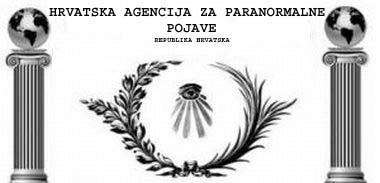Relaxation and other behavioral techniques may overcome insomnia better than drugs, found investigators here.
A randomized, placebo-controlled trial comparing the hypnotic agent Imovane (zopiclone) with cognitive behavioral therapy found that for most outcomes, Imovane was no more effective than placebo, the researchers reported in the June 28 issue of the Journal of the American Medical Association.
On the other hand, cognitive behavioral therapy was significantly better than either, said Børge Sivertsen, Psy.D., of the University of Bergen, and colleagues.
Imovane is not approved in the U.S., although Lunesta (eszopiclone)--a version of the medication containing only the active isomer--was approved in 2004.
In older adults with chronic primary insomnia, "cognitive behavioral therapy was more effective immediately and long-term compared with both zopiclone and placebo," Dr. Sivertsen and colleagues concluded. However, they noted, the finding might not generalize to all sleep medications.
Despite that limitation, they argued, the results imply that physicians should be cautious in prescribing hypnotics for long-term use, given increasing evidence of the long-term efficacy of cognitive behavioral therapy and the lack of similar evidence for the medications. "Clinicians," they wrote, "should consider prescribing hypnotics only for acute insomnia."
The researchers enrolled 46 adults, 55 or older, with chronic primary insomnia that had lasted at least three months and affected their daytime functioning. The participants were randomized to get Imovane, a placebo resembling Imovane, or cognitive behavioral therapy, which included sleep hygiene education, sleep restriction, stimulus control, cognitive therapy, and progressive relaxation techniques.
Outcome measures were total wake time, total sleep time, sleep efficiency, and slow-wave sleep. The effects of the therapies were assessed with ambient clinical polysomnography, supplemented with sleep diaries; assessments of all three groups were made at baseline and at six weeks, and again at six months for the two active groups.
FULL STORYBy Michael Smith
